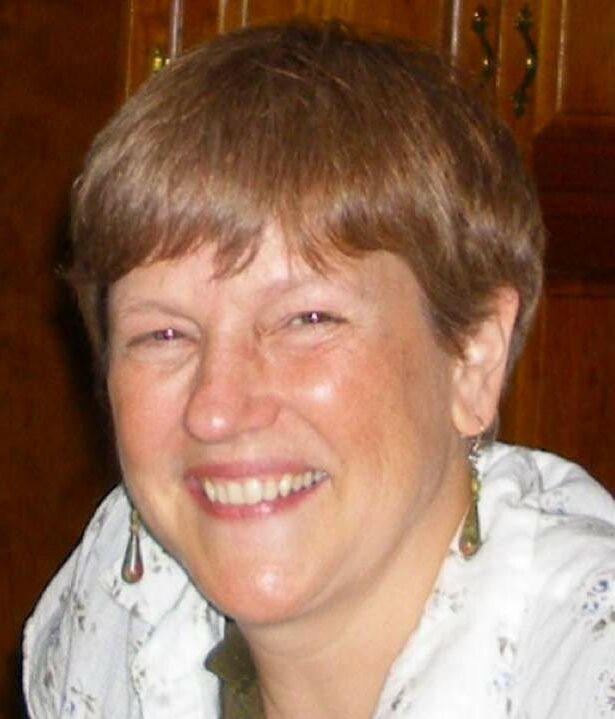Research
In addition to the ongoing or archived projects below, I am supervising a number of doctoral and masters research projects: Chulakorn (Top) Aritajati, working on crowd-review of team brainstorming and design projects; Joslenne Pena, working on teacher-centered APIs for developing online class resources; Na Sun, working on technology-mediated tools for active learning; and Jun Ge, working on privacy concerns among public observers of augmented cameras.
Online Communities for Broadening Participation in Computing
One of my long-lived research interests is in techniques for reaching out to and attracting participation by females and under-represented minorities in computing-related education. I have approached this using the methods of action research, currently working in combination with IST’s summer camp program, iTechAcademy. Earlier I managed a project sponsored by the BPC program within NSF, creating and evaluating a developmental community of women in computing, wConnect.
Old is Gold: Using Timebanking for Promoting Health and Wellness among Elders
This new community informatics project is sponsored by NSF’s SmartHealth program. With Jack Carroll, we are using participatory analysis and design methods to explore whether and how the sharing methods of timebanking can support novel co-production activities among older adults, whether living in a retirement community or aging in place. Our terrific new post-doc Chien-Wen (Tina) Yuan is leading the way in establishing a rich network of stakeholders and trying out a number of interesting design directions.
Managing and Assuring Privacy of Online Information
For several years I have been collaborating with a broad set of scientists on issues relating to digital privacy. My first involvement was through an NSF-funded project directed by Dr. Heng Xu, in which we used survey methods to investigate privacy intentions in a variety of tasks and location settings. More recently, as part of another NSF project, I worked with a larger team to examine the online safety of adolescents, with a special emphasis on the role(s) played by parents, in the PICOS project; this project was masterfully managed by then-postdoc Pam Wisniewski. Although the funding is gone, the data live on!
Currently I am part of two newer NSF projects relating to privacy. One of these is focused on privacy heuristics, or shortcuts that people might take in making information disclosure decisions; that project is being carried out in partnership with Dr. Shuyam Sundar in the College of Communications. Here in IST, an NSF-funded research group — including Dr. Heng Xu, Dr. Dongwon Lee, Dr. Peng Liu and myself — are investigating the privacy leakages that can occur across friendship or other sorts of network connections within social media sites.
Technology Innovation for Education
For a number of years, I have collaborated with Jack Carroll and others on technology interventions that might enhance teaching, whether in the K-12 classroom (projects like LiNC, Classroom BRIDGE, Teacher BRIDGE, completed while at Virginia Tech), or in university settings. Our current focus is on the latter, for example the Critical Thinker tool that is designed to promote dialectical discussions. I also continue to be interested in side channels or other lecture alternatives in a classroom, for instance the Class Commons dissertation project of Honglu Du, now a user experience researcher at Facebook.
Former (less active) projects
End-User Programming and Development
As part of the EUSES Consortium, we are continuing to study issues in end-user programming. Over the years we have studied the role of advance planning in end-user web programming (Web EUP); gender and other individual differences in Web EUP; and mashups by web-active end users. Some time ago, one of my PhD students (Jochen Rode, currently a manager at SAP Research) built and evaluated CLICK, an end-user development tool for building simple interactive web applications, and we have continued to study that with novices. As part of this research thread, I have developed a persistent interest in computational thinking as a basic literacy for all, and recently gave a keynote at OOPSLA/PLATEAU on this topic.
Common Ground and Awareness in Problem-Solving
For many years, I collaborated with Jack Carroll on the general opportunities and challenges of activity awareness. In one long-running project (conducted primarily by Gregorio Constantino in support of his dissertation project), we used systematic laboratory studies to track the development of common ground as new teams solve complex problems together. An important distinction is between shared content or information and shared strategies or tactics for how to manage the sharing and decision-making process.
Community Engagement
While still at Virginia Tech, Jack Carroll and I worked with a team to build MOOsburg, a place-based community network, part of the Blacksburg Electronic Village. A general outcome of these and other projects was the Bridgetools software architecture and tool suite that provides seamless support and interleaving of synchronous and asynchronous interaction. On a more social side, I also ran an NSF-supported interdisciplinary project that studied development of a cross-generational learning community (middle school students and senior citizens) who collaborated to build Stagecast Creator social simulations that explored a range of community issues, for example the middle school challenge of school yard cliques.
